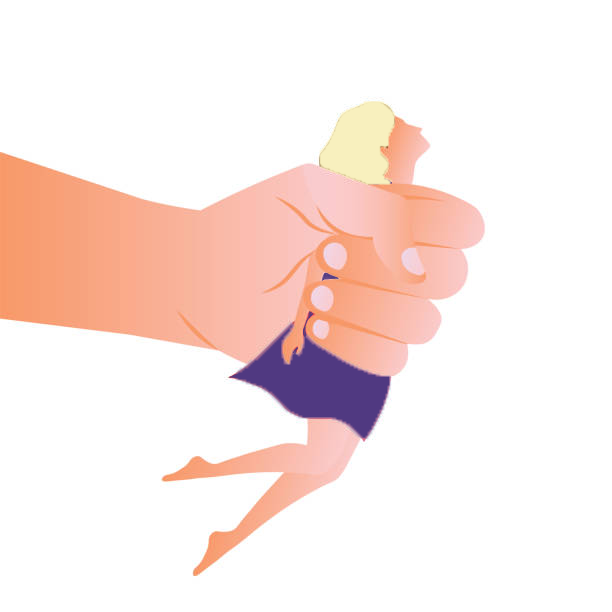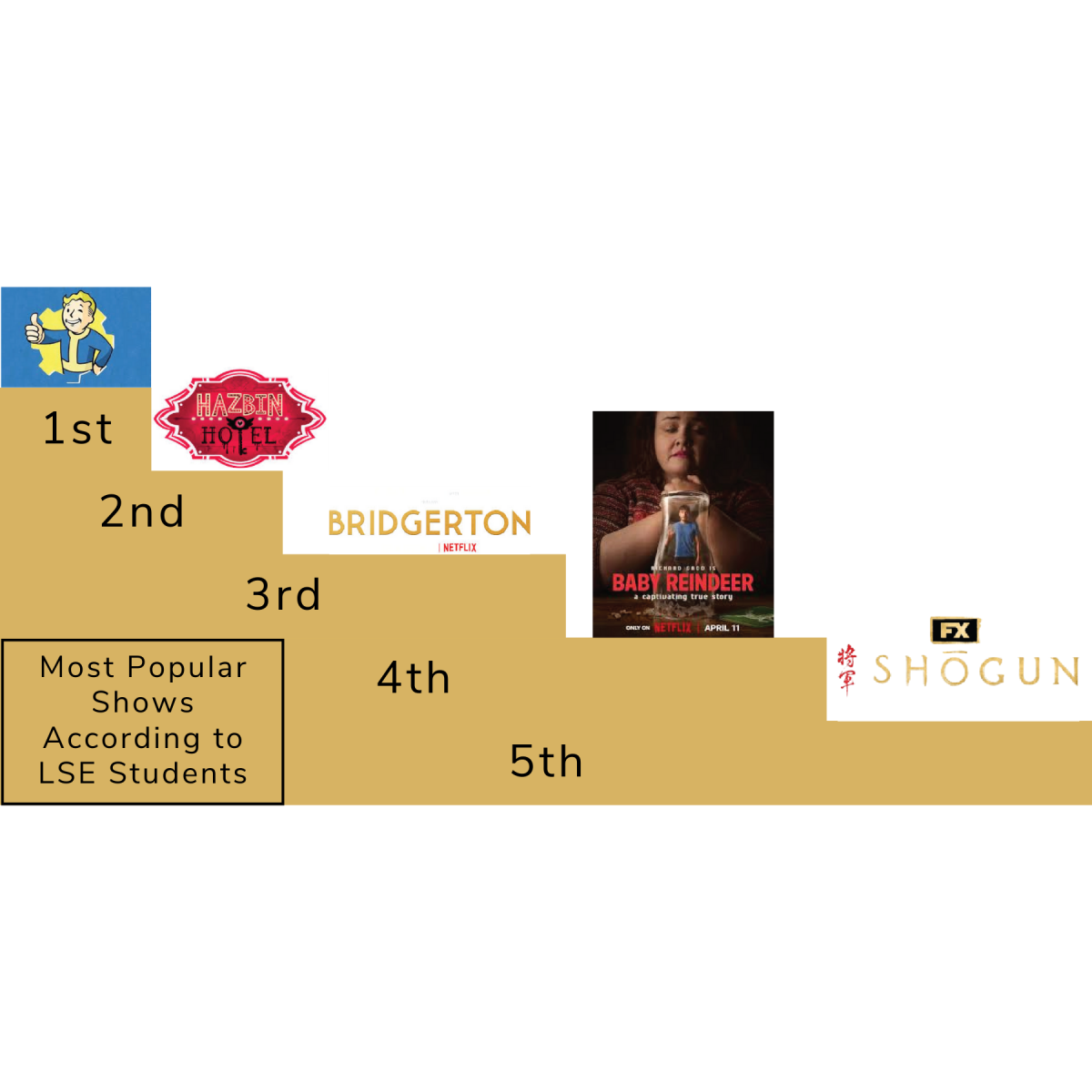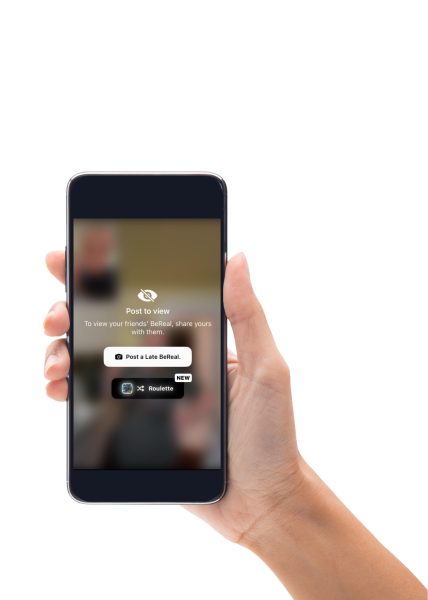You’re not safe: As sex trafficking becomes increasingly more prevalent in Lincoln, how can teens protect themselves?
May 25, 2023
*Jane Smith is a pseudonym in order to protect the privacy of the individual in the story.
*The tips in this article apply to all genders, however this story is mostly told through a woman’s lens due to the higher rate of sex trafficked women
Jane Smith was leaving the North 48th Street Target around 10 p.m. after buying tape for her school project when she noticed a hoodie jammed under her car’s windshield wipers. Thinking nothing of it, she began to fiddle with it. Upon removing the sweatshirt from her car, an older man in a black truck pulled up in front of Smith’s car and started to ask questions about where she was going and if she wanted to hang out. She immediately knew what this meant. Smith had heard of these tactics often being used to sex traffic vulnerable young people, majority high school and college-age women.
Though Smith was polite to the man and attempted to “play dumb” to conceal that she had caught on to what was occuring, she made sure not to reveal anything about her home, if she was alone and if people were expecting her.
“If you say your parents are out of town, or that no one knows where you are and you’re just out, then that is perfect for them because no one will be looking for you,” she said.
As the small talk continued, a van showing two silhouettes in the front seats pulled up behind Smith’s car, trapping her on both ends. This is when Smith’s fight or flight response kicked in.
“I tried to slowly back up to my car. I heard a door open behind me, and then I just jumped in my car and locked the door. Then I started honking the horn a bunch of times,” Smith said.
The potential predators dispersed. They had failed their mission.
If you ever find yourself in a position where you believe you’re about to be human trafficked, fight back as hard as you can. Even if they threaten to hurt you if you scream or fight, you would rather die right there than live to see what’s in store for you. Only one to two percent of trafficked kids are recovered, according to Paul Yates, executive director of the local nonprofit “I’ve Got a Name”. If the chances of you escaping or being found are that low after getting kidnapped, your only shot really is to escape right there, or die trying.
In the past, Nebraska has become a hot spot for human trafficking due to I-80, the transcontinental interstate typically used to transport trafficked people.
According to an interview Yates did with KLKN News, a Creighton University study found that “every 30-day period at least 900 girls are sex trafficked in Nebraska. In Lincoln at least 200 women and girls are for sale every 30-day period.”
Although Lincoln is typically viewed as a safe community with little crime, both the statistics and Smith’s experience proves otherwise.
When the shock subsided, Smith decided to go to the cops about the situation. Though they could not do much due to it only being “suspicious,” but not actually a crime, the authorities educated Smith on common sex trafficking tactics to be aware of and safety tips to avoid being put in that position again.
Smith learned the main ways sex traffickers take advantage of someone are through manipulation or grooming, and force.
While grooming is often a complicated relationship between a younger person and an older predator, there is also a manipulation tactic that may not be quite as obvious.
“When people get older and go to things like clubs or bars, that is also where they lurk,” Smith said. “Sometimes there will be a woman, and she’ll try to talk to you; then there will be another guy, usually just lurking around and he’ll be with that woman.”
She says the woman will ask you out and want to hang out, but in reality, it is all part of a bigger plan to lure you into a trap.
“It’s sad because it’s usually the girls that are in the sex trafficking rings doing that and they’re being forced to recruit other girls,” she said.
Aside from trickery and deceit being commonly used, kidnappers will also prey on victims in vulnerable states and utilize force.
“Under the influence, when it’s dark, just anything that can give them an upper hand. They don’t want to do things in broad daylight when other people are around,” Smith said.
She says placing things in locations that are out of the ordinary is also often used.
“Sometimes they’ll leave zip ties on a windshield wiper or door– just something that will distract you momentarily so then you’re off guard and whoever is around can grab you,” she said.
Ultimately, the cop’s foremost advice was to be aware of one’s surroundings and to avoid anything that seems suspicious.
“They told me if you see that on your car or someone else’s car, if you’re unable to get in your car just go into a nearby store to be around people and where there’s light,” she said. “Or open your car and then lock the door and drive. Just don’t engage with whatever’s on the car.”
Additionally, being selective with who you trust, and being careful in more vulnerable settings is important.
“Make sure you’re with the right crowds,” Smith said. “High schoolers go out, they have fun, they drink, bla bla bla. And it’s fun but people do take advantage of people and scary things do happen.”
Finally, never leave the house without some form of protection. Though being proficient in martial arts may help, there are other effective methods that are much less demanding. Purchasing items such as pepper spray key chains or self defense sirens could save your life.
Looking back on the outcome of the situation, Smith is unsure of how she reacted so quickly and intelligently in such a petrifying moment, but she thinks it may have been thanks to awareness raised by social media influencers to practice sex trafficking safety.
“There’s a bunch of things I would still be naive about if it wasn’t for social media,” Smith said. “There’s a lot of good in social media outreach.”
After her encounter in the Target parking lot, Smith took to her own social media to warn her peers about the dangers that may lie where one least expects it.
“I like to think the world is sunflowers and rainbows but it’s not, and [what happened] was kind of a wake up call,” she said. “I was very unaware of it– like, we live in Lincoln, Nebraska– so I wasn’t really careful.”
Smith believes that society’s expectation to be kind to all, even strangers, may actually be extremely dangerous for women.
“It’s expected for girls to be sweet and gentle and that’s a really bad thing because sometimes sweet and gentle is not good when you’re talking to a creepy person,” she said.
Smith feels that if she goes against these societal expectations, she will still be blamed if something bad happens due to what she was wearing, where she was, etc.
“If a girl stands up for herself, if she advocates for herself in any way, physically or emotionally, it seems aggressive,” Smith said.
She says that being rude or making a scene when made uncomfortable by a stranger often results in a response such as “I was just trying to be nice” or “I was just giving you a compliment.”
“I hate that society and culture thinks that women are chasing that gratification,” Smith said.
All in all, Smith wants all of her peers to stay on guard in potentially threatening situations. The number one mistake of those who were not as lucky as her, is the denial of how much danger they really were in.
“We see all these things in the news: Someone’s been kidnapped, someone’s been murdered…and you don’t think it will happen to you,” she said. “But those girls or guys didn’t think it would happen to them either.”



















